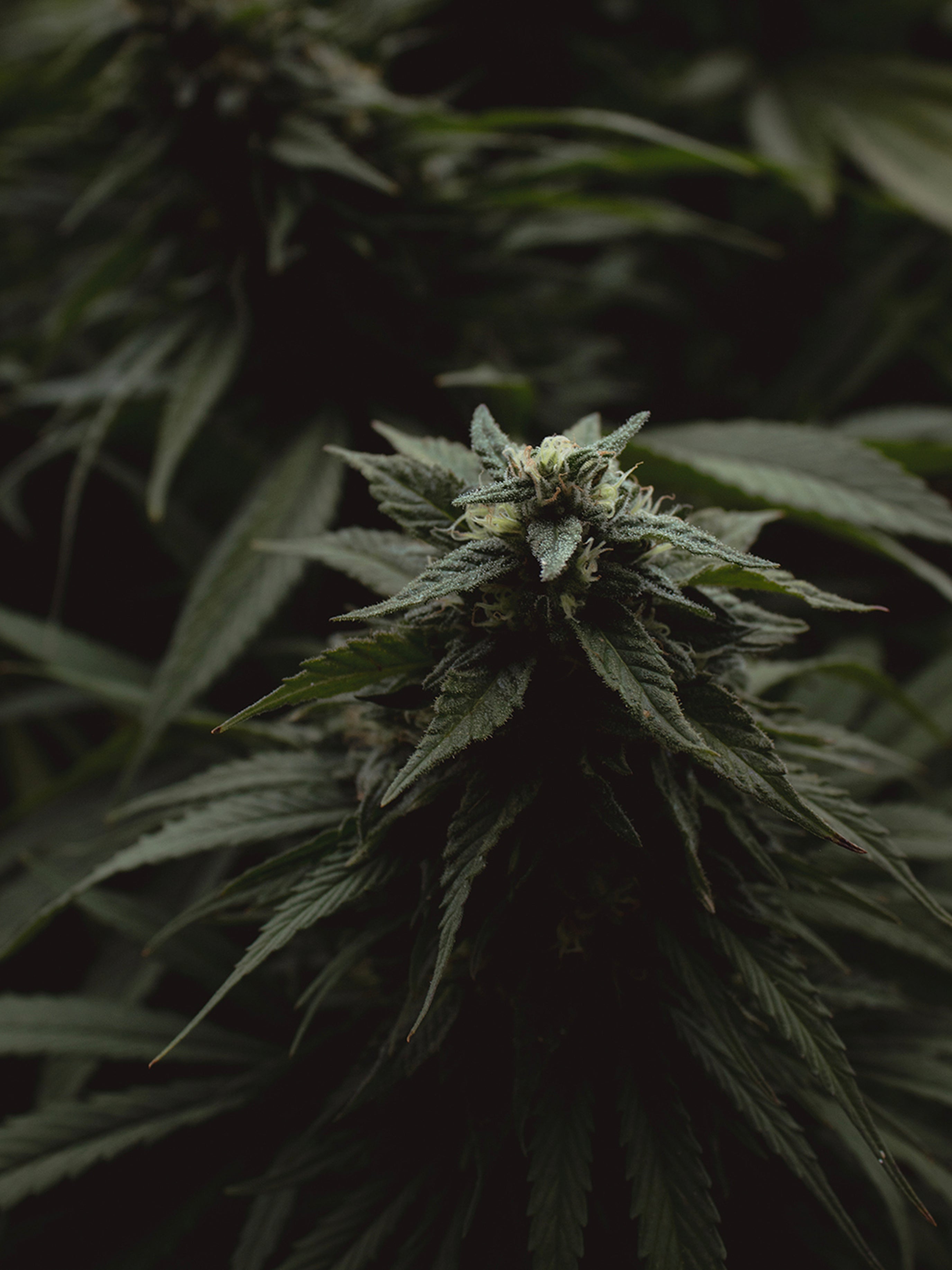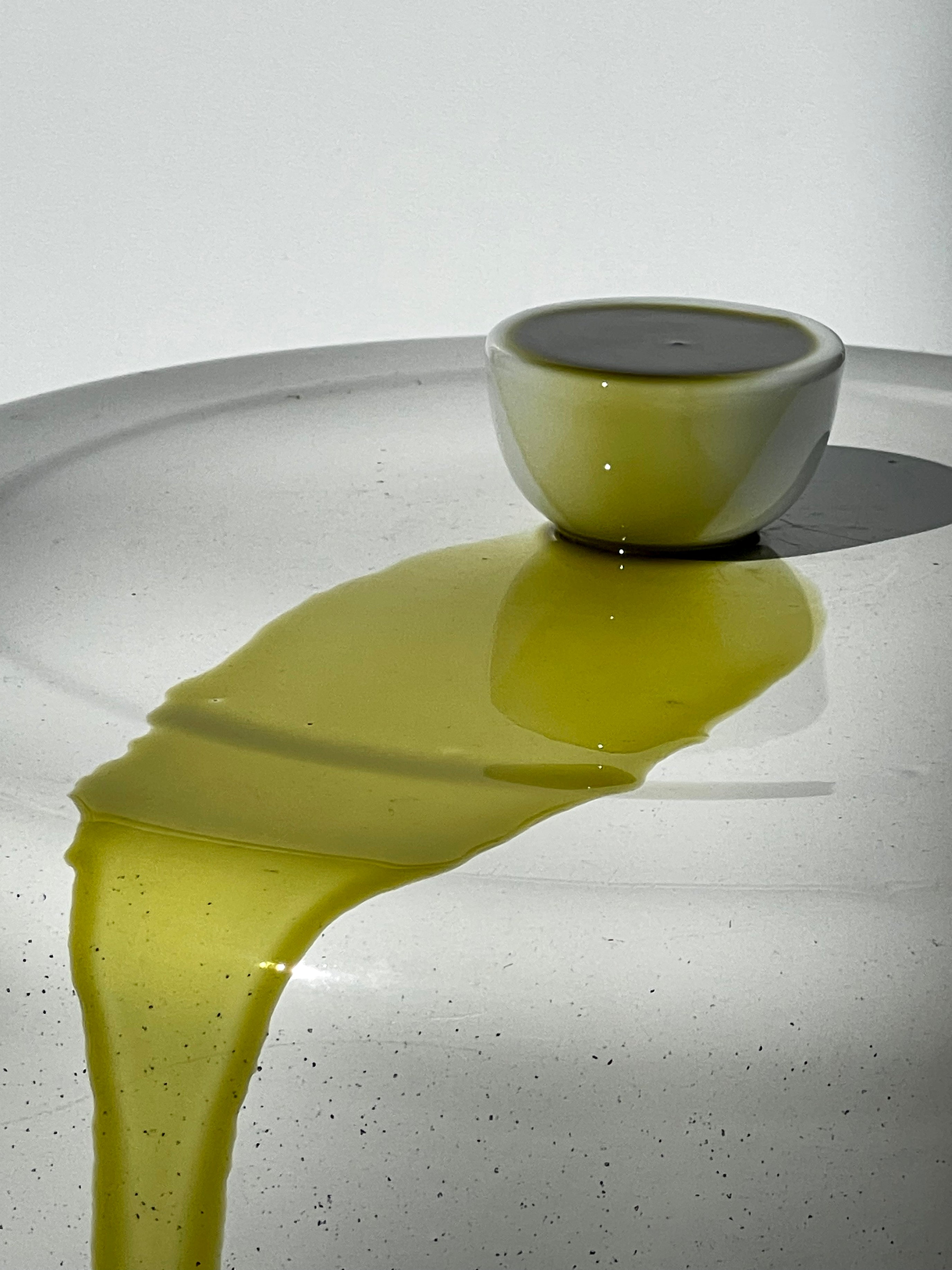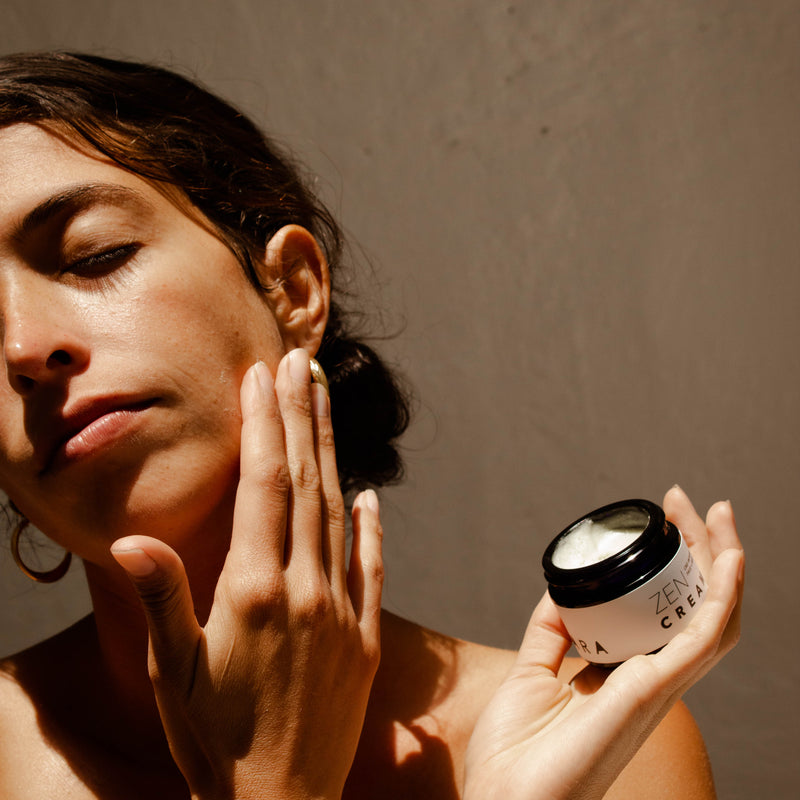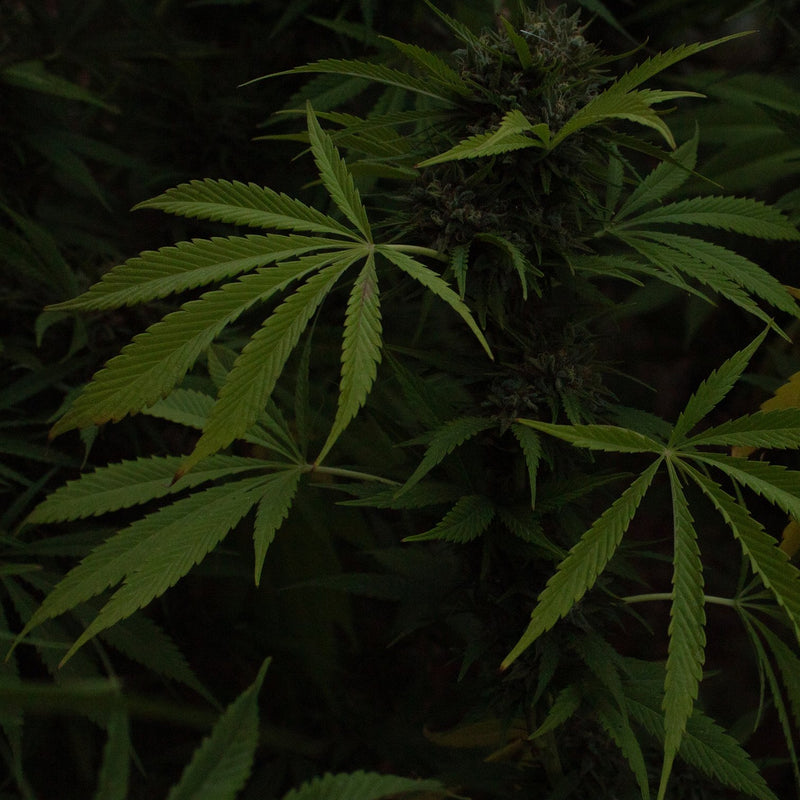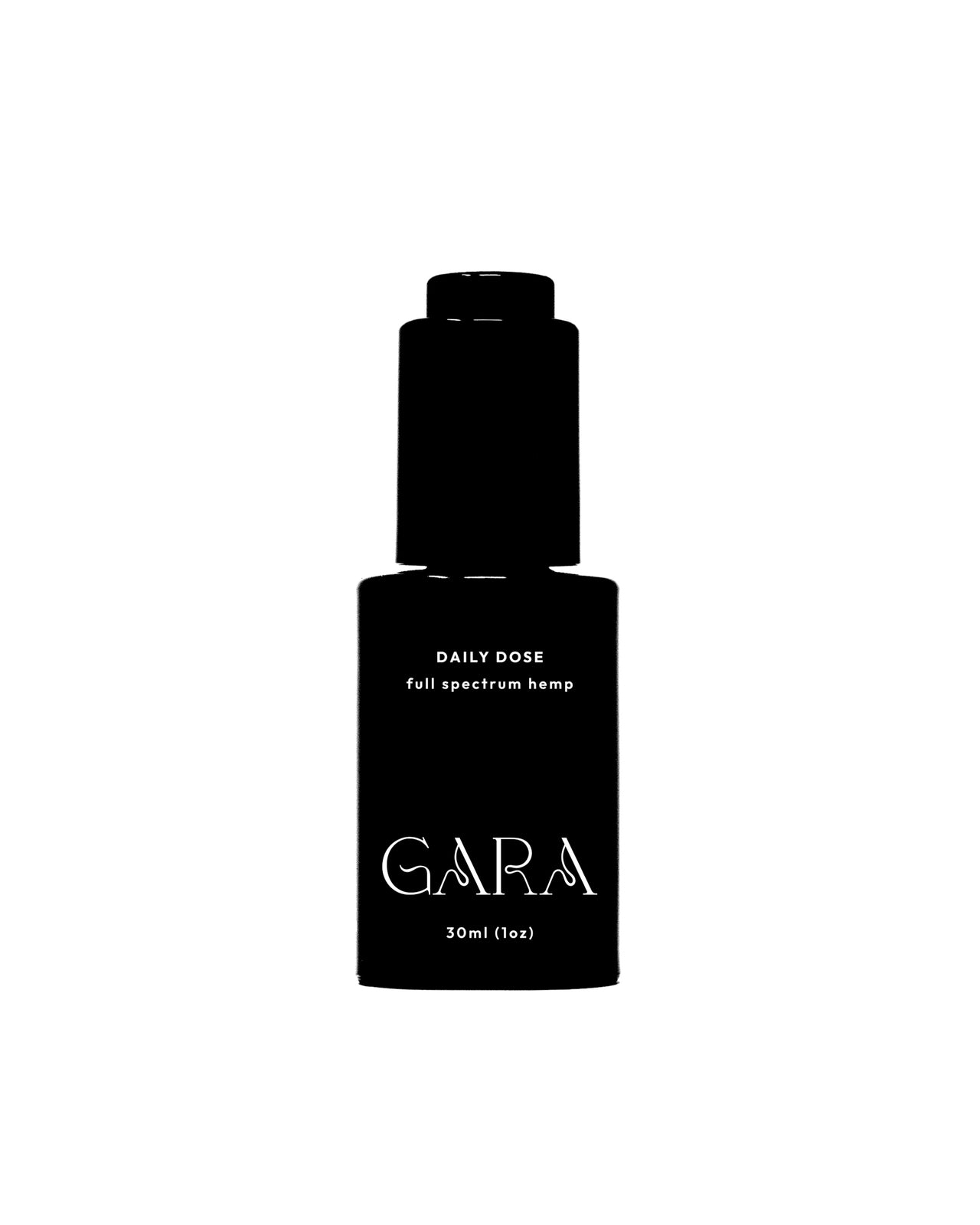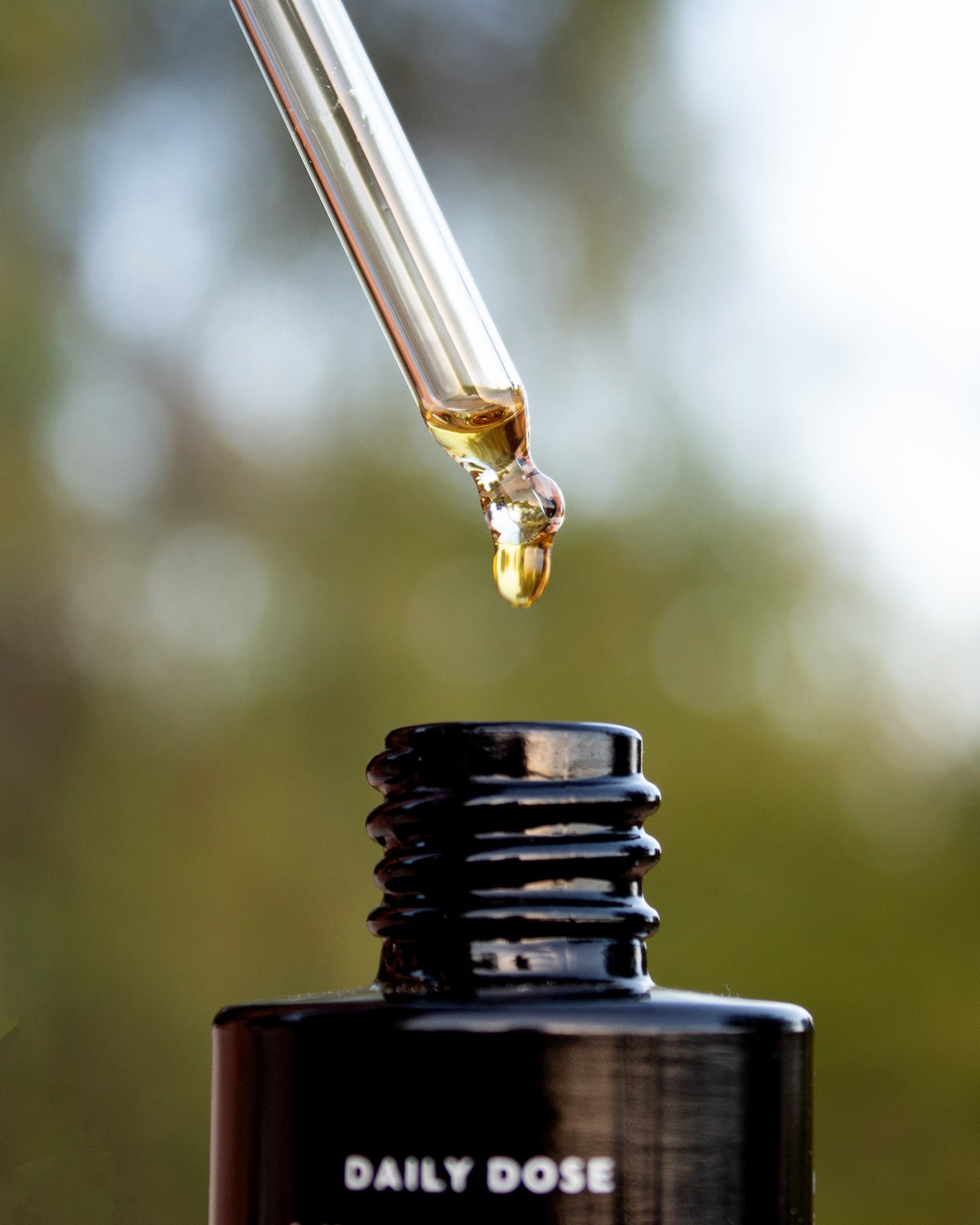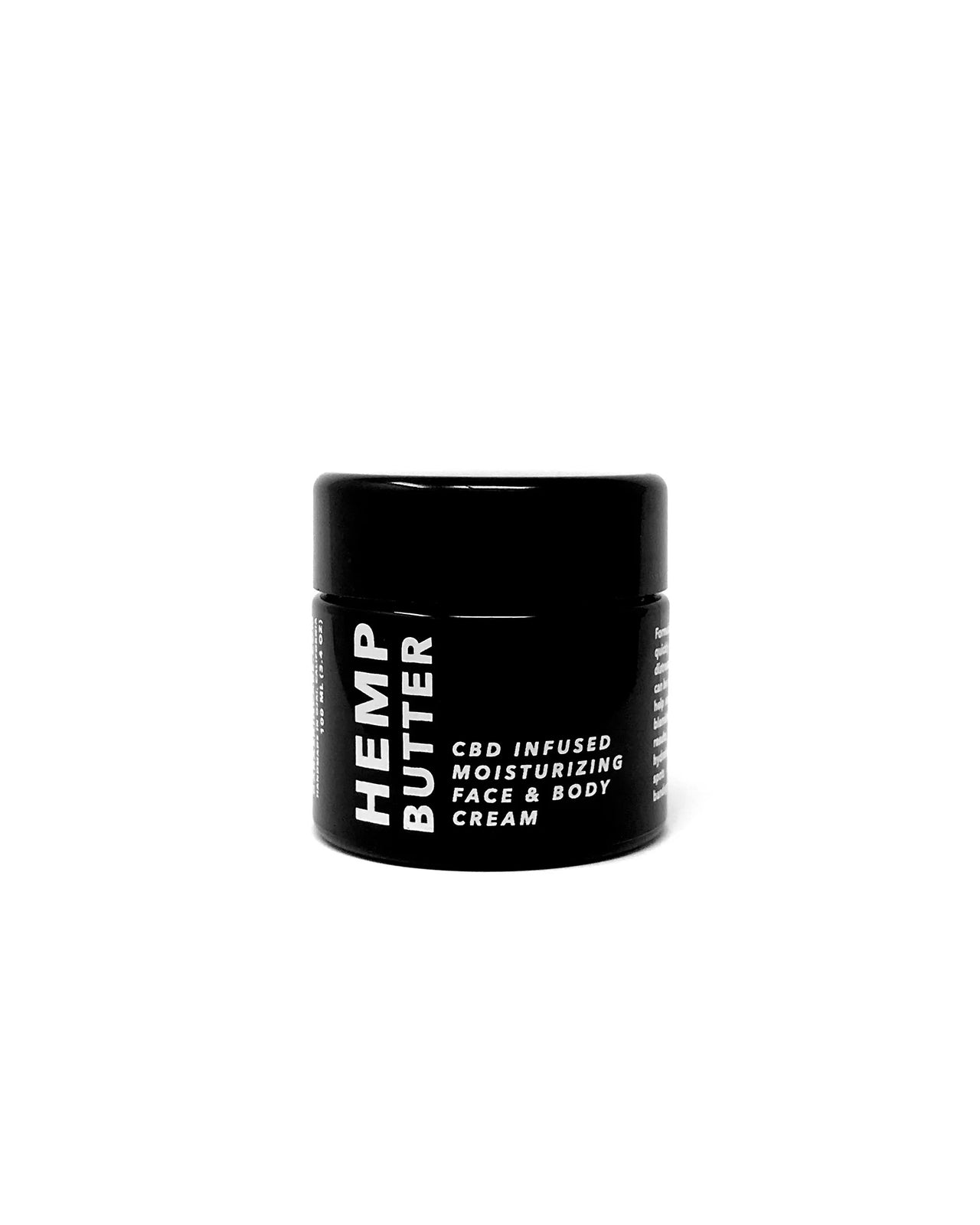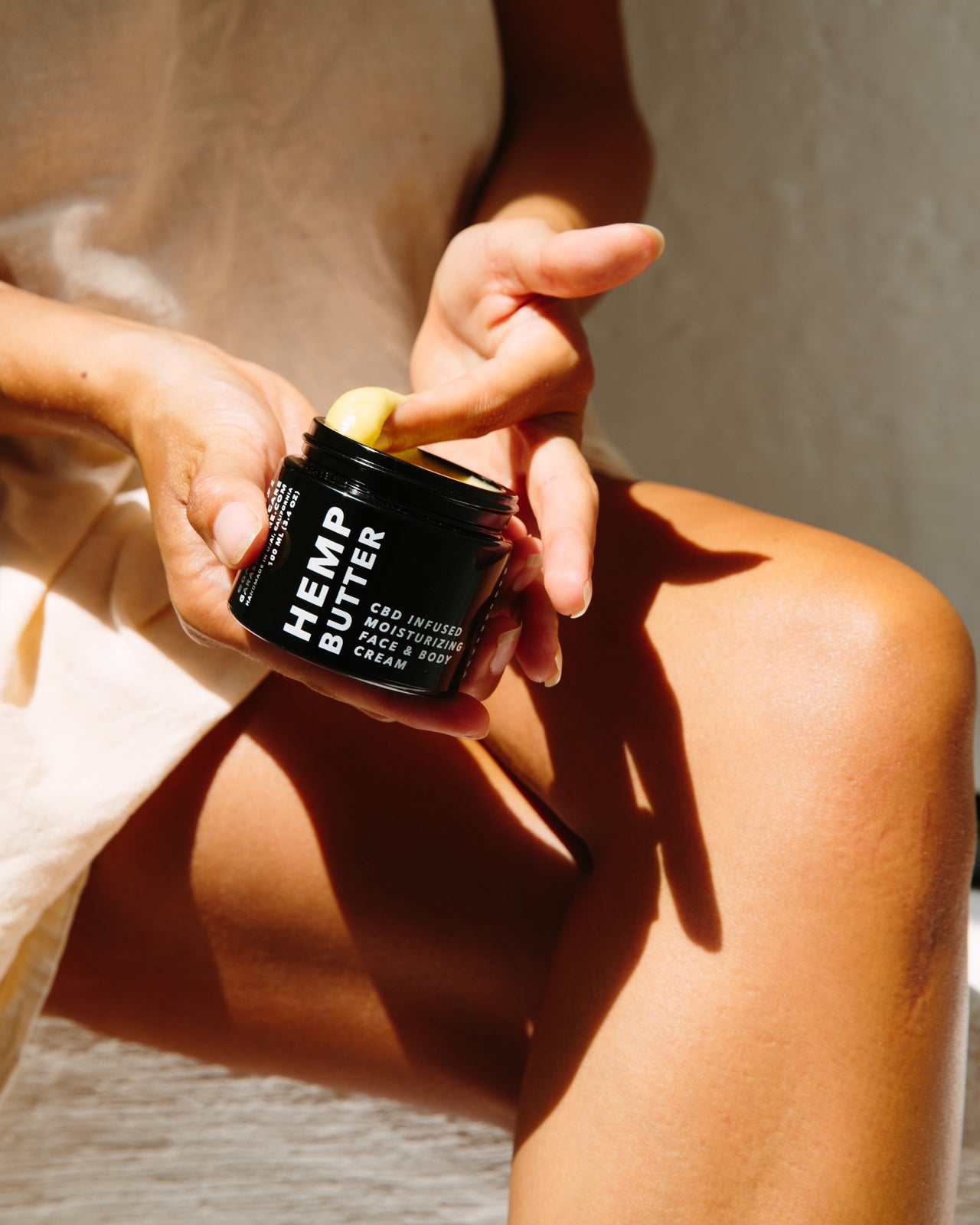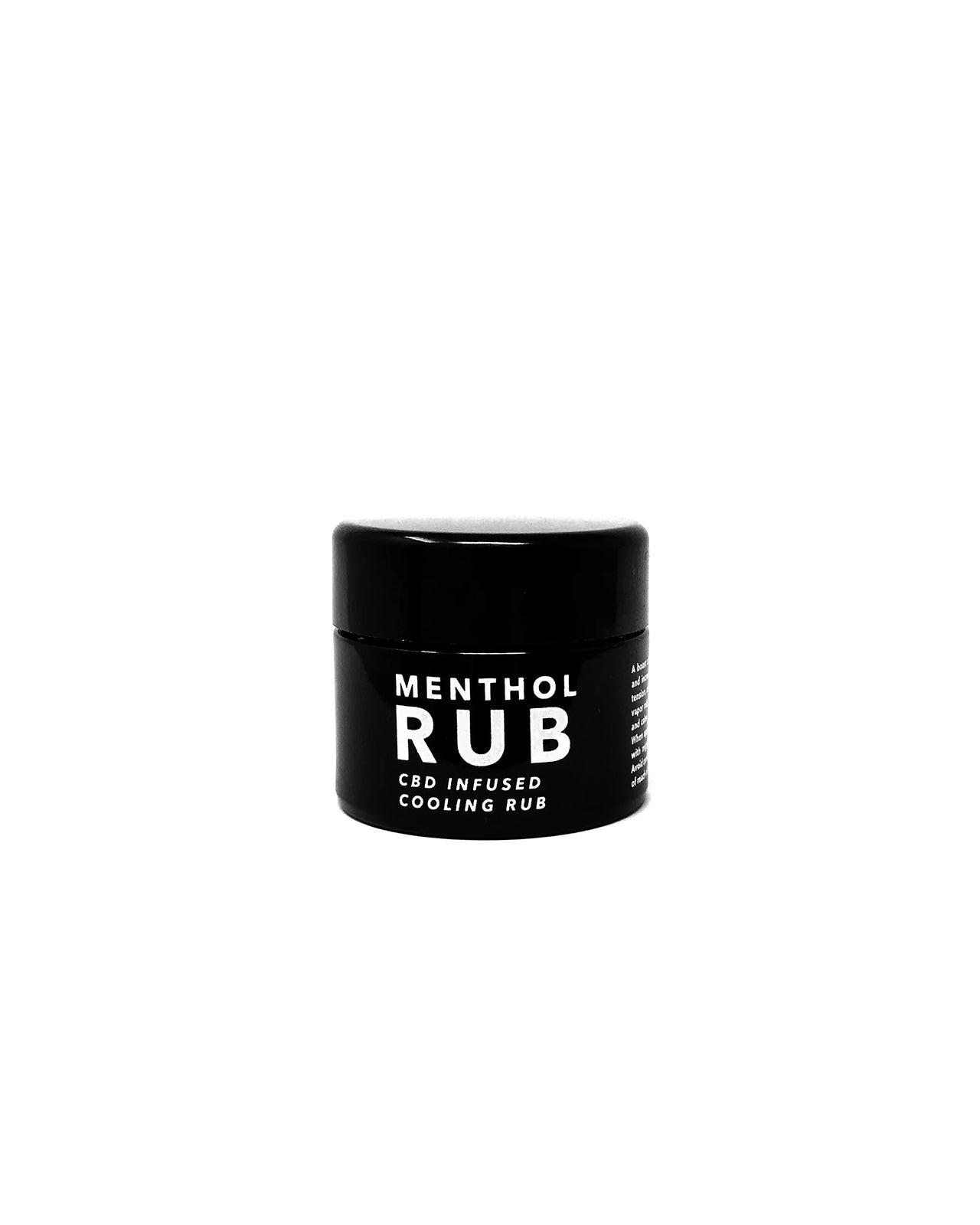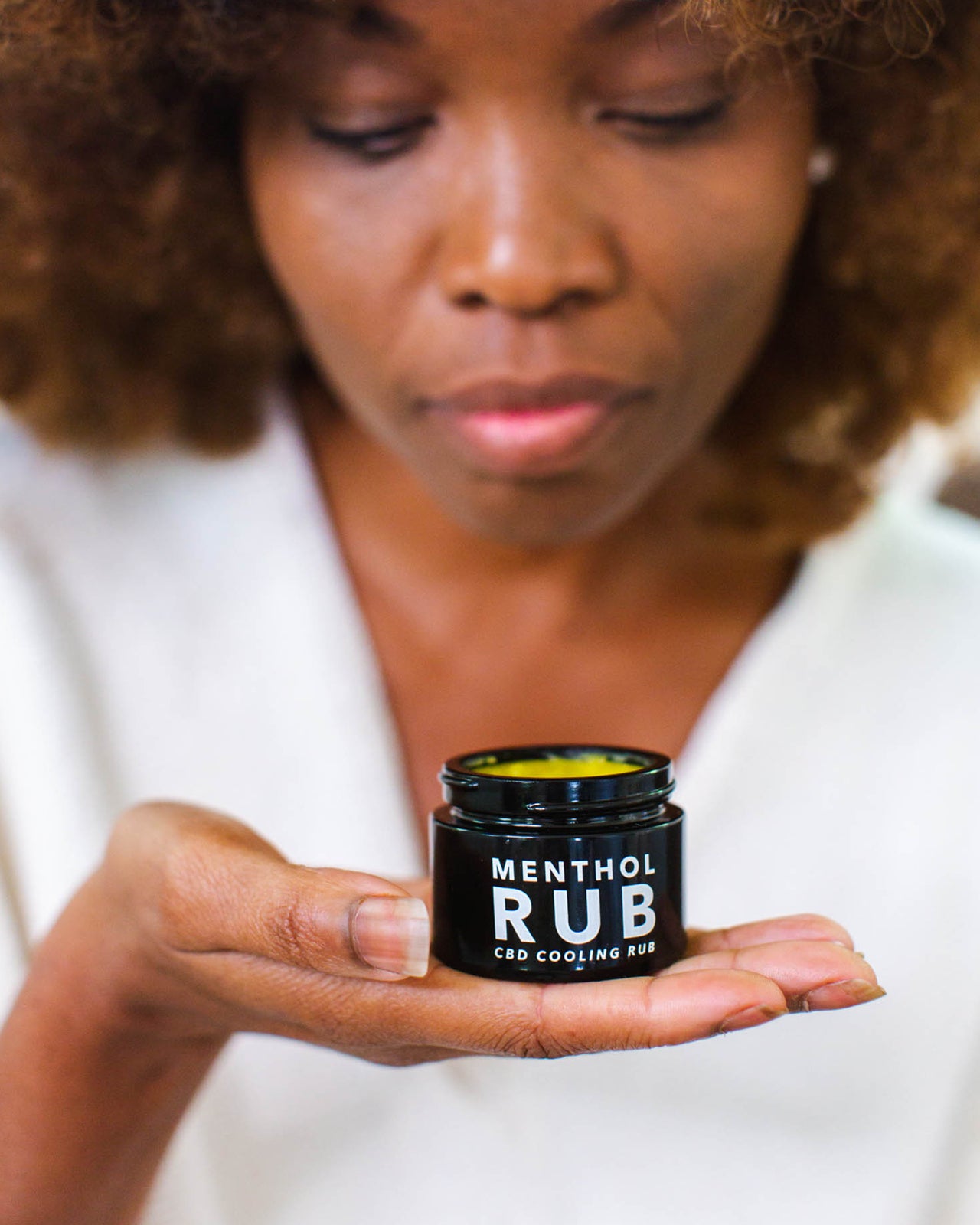CBD Extracts
- Full-spectrum – contains a myriad of cannabinoids, terpenes and flavonoids with less than 0.3% THC
- Isolate – “pure CBD” – this is a highly refined extract of CBD only. It is generally in a powder or crystal form.
- Broad-spectrum – similar to full-spectrum as it contains cannabinoids, terpenes and flavonoids, but it does not contain any THC
Full Spectrum Extracts:
CBD full spectrum extracts, often referred to as whole-plant extracts, contain not only CBD but also a wide range of other cannabinoids, terpenes, and beneficial compounds found in the cannabis plant. This combination of compounds, including a trace amount of THC (usually below 0.3%), is believed to work synergistically, creating what's known as the "entourage effect."
This observed effect suggests that the combined action of multiple cannabinoids and terpenes enhance the therapeutic benefits of each individual component. Full spectrum extracts are favored by those seeking a comprehensive and holistic approach to CBD use, potentially offering a broader range of health benefits. All of our extracts and oils are full spectrum.
Broad Spectrum Extracts:
CBD broad spectrum extracts strike a balance between isolates and full spectrum products. Like full spectrum extracts, they contain a variety of cannabinoids and terpenes, but they undergo additional processing to remove any traces of THC. This makes broad spectrum extracts a suitable choice for individuals who desire the entourage effect of multiple cannabinoids and terpenes without the presence of THC. They offer a comprehensive array of potential health benefits while ensuring THC levels remain undetectable, addressing concerns about psychoactivity or drug testing. Broad spectrum extracts provide an excellent middle-ground option for those seeking the best of both worlds in terms of CBD's potential therapeutic effects.
Isolates:
CBD isolates are the purest form of cannabidiol, containing 99% CBD and no other cannabinoids or compounds from the cannabis plant. The extraction process removes all traces of THC, terpenes, and other cannabinoids, leaving only a crystalline, white powder of CBD. As recent studies on the entourage effect have illuminated its potential to enhance the overall effectiveness of hemp extracts, it's essential to consider that isolates may necessitate higher doses to achieve desired effects and may not sustain their efficacy over time in comparison to more comprehensive spectrum extracts.
EXTRACTION METHODS
Unless using fresh or dried plant material, solvents are used to extract the cannabinoids and other compounds from the plant. Solvents can greatly impact the overall efficacy and purity of the extract so it is important to understand why and how they are used.
Ethanol - Alcohol extraction, often referred to as ethanol extraction, is a popular method for isolating cannabinoids like CBD. In this process, dried plant material is soaked in high-proof ethanol alcohol to dissolve the cannabinoids and other compounds. After soaking, the alcohol is distilled out, leaving behind a concentrated cannabis oil. This method is relatively safe and efficient, as it can produce a broad spectrum of cannabinoids, but it requires careful temperature control to prevent the loss of volatile terpenes. There are very few solvents that can extract both cannabinoids and terpenes in their purest form, and alcohol is one of them.
Supercritical CO2 – CO2 extraction utilizes carbon dioxide in its supercritical state to extract cannabinoids and terpenes from the plant material. Supercritical CO2 acts as both a liquid and a gas, making it an excellent solvent for extraction. This method is highly precise and allows for fine-tuning to target specific cannabinoids or terpenes. CO2 extraction is considered safe and produces high-potency extracts, making it a preferred method for many commercial operations who have the funds to invest the time and equipment into the process. Supercritical extraction, if done properly, yields a very high quality and potency extract.
Butane/Hexane – These solvents are toxic for human consumption. Although extracts are made with Butane and Hexane, be aware that purging the residual solvents from these extracts is nearly impossible. These solvents are often used because they are easy to obtain and inexpensive. Butane extraction involves passing butane gas through the plant material to strip away cannabinoids and terpenes. The resulting solution is ideally purged of butane, leaving behind a concentrated cannabis extract. This method can yield highly contaminated extracts and requires special equipment and precautions due to the flammability of butane. In most cases, it is very challenging to purge 100% of the butane from the extract.
Water – Water extraction is a seemingly solventless method that uses ice-cold water and agitation to separate trichomes, cannabinoids and terpenes from the plant material. The resulting mixture is filtered through a series of screens, gradually collecting different grades of extract. Water extraction is prized for its purity and preservation of terpenes but typically yields lower cannabinoid concentrations compared to other methods.
Water can also be used to extract terpenes (essential oils) from the plant. Cannabinoids are lithophilic meaning they are not easily extracted with water but as shown above, you can extract cannabinoids with ice. When we use a water process such as hydrosol distillation, we are only extracting for flavonoids and terpenes.
Oil – Cannabinoids love oils and can be extracted fairly easily using vegetable oils. This method is slow and sometimes varied, but is an excellent way to preserve the more delicate compounds found in the plant. We have fine tuned our process of oil extraction and believe it is the best way to extract the delicate compounds from cannabis for consumption.
Oil extraction, using carrier oils like olive oil or coconut oil, is a safe and traditional method for making cannabis extracts. Decarboxylated cannabis flower or trim is heated in oil, allowing the cannabinoids to bind with the fat molecules. This process can be done as soon as the plant material is harvested and dried, making it a more powerful energetic infusion than most other forms of extraction.
Each of these extraction methods comes with its own set of advantages and disadvantages. The choice of method greatly depends on the intended use and specific requirements. As proponents of safety, we emphasize the use of oil, water, and alcohol as the safest solvents for extraction. If you decide to explore alternative extraction methods, it's crucial to prioritize transparency and safety. Always request a certificate of analysis (COA) and pay particular attention to the solvent used and the presence of contaminants in the final product.
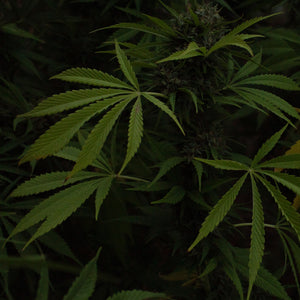



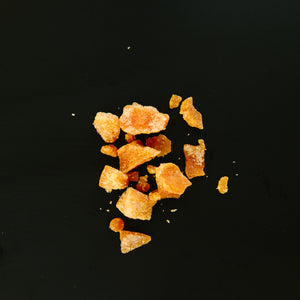
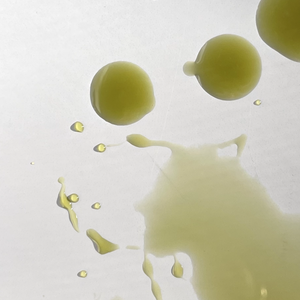

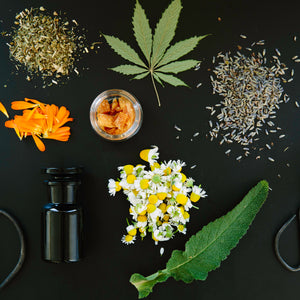
LEARN MORE ABOUT CBD
SHOP CBD
